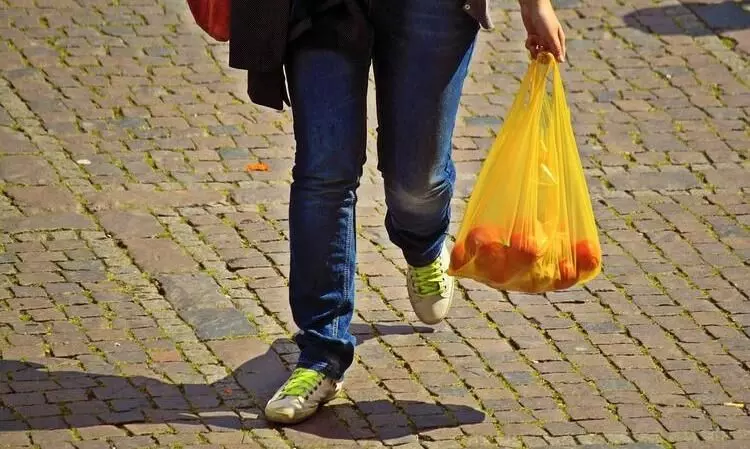
Seagrass clears plastic in oceans, says study
text_fieldsA Mediterranean endemic Seagrass, Posidonia oceanic, has been found to trap plastic wastes in oceans thereby cleaning up the water body of all the plastic debris in the seafloor, says a study published in the Journal Scientific Reports. The research shows how seagrass, one of the key ecosystems on Earth, also counteracts marine plastic pollution. These swaying plants anchored to the seafloor could collect about 900m plastic items every year in the Mediterranean Sea alone.
The blades that break off from these plants' fibres get intertwined and form a tangled ball mass called 'Neptune balls'. These balls, made of stiff fibres, then collect or trap even the tiny fragments of plastic waste in the ocean and carry them to the shore through beaching under stormy conditions. Seagrass meadows are widespread in shallow coastal waters and play a significant role in water quality improvement and carbon-dioxide absorption. They also act as a natural nursery for hundreds of fish species, help in climate change mitigation, support fisheries production, etc.
The researchers, to test the plant's capability, quantified the plastic washed up as Neptune balls on four beaches on the Spanish island Mallorca between 2018 and 2019. They found up to 613 bits per kg of plant material. The data suggests that seagrass alone removes about 867 million pieces of plastic a year from the oceans. However, it is yet unclear if the process of removing the debris harms the plant.
Ocean dumping is an issue that could have severe consequences globally. Only one per cent of the plastic in the seas keeps floating while the rest sinks to the seafloor. But the presence of microplastics has been found in waters both deep and shallow. These plastic wastes pose a dangerous threat to the life of marine creatures.
Multi-million projects are in motion to physically clear out such wastes from the seas but the study suggests that seagrass, along with its many benefits to the ecosystem, is also clearing up the oceans of plastics. The study highlights the importance of seagrass to the ecosystem and the crucial need to ensure its conservation.






















